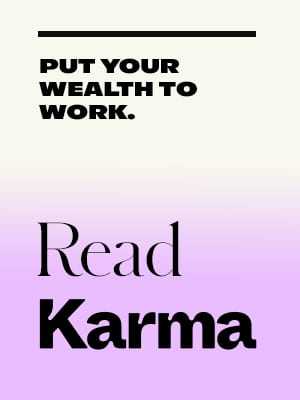Dreamlight Tech is rolling out its new meditation sleep mask in a growing market for relaxation devices funded by private capital, while at the same time fending off criticism of the equipment’s effectiveness over the long run.
The Dreamlight Zen, which pulses orange light with synchronized audio through headphones to enhance relaxation, was unveiled in May after Dreamlight raised about $186,000 on Indiegogo and won backing from Shenzhen Valley Ventures. The company toutes the device as an antidote to burnout, which was recently classified as an occupational phenomenon by the World Health Organization’s International Classification of Diseases.
For meditation instructors like Kelli Douglas, “meditation is a game-changer for burn-out and stress today.”
- Dreamlight Zen will compete against recent innovations from rivals like Headspace, Calm, and WAVE. Calm recently raised $115 million and plans to add exclusive music and a Sleep Stories feature for subscribers, and WAVE, a meditation app with a pillow vibrating to music selected, which recently gained almost $6 million in funding.
- “I think these devices and apps are good introductions into meditation for people, but I’m a believer in having an in-person instructor to guide you,” says Douglas, founder of New York-based studio The Meditation Class. “These new devices may be making meditation more complicated than it needs to be.”
- “I could see it growing because our relationship with technology is growing. But it’s hard for me to see and understand how that would be a sustainable way for people to learn meditation long term and stick with it,” she said.
- Neel Naik, who uses the Waking Up guided meditation app after quitting Headspace’s program, doesn’t believe the market will grow much further. “Generally, I don’t think these devices will keep booming, they’ll come a saturation point where they aren’t differentiating that much.”
- Karma Takeaway: With meditation apps and devices like Dreamlight Zen entering the market, investors have been flocking to these startups but the market is showing signs of saturation.
























